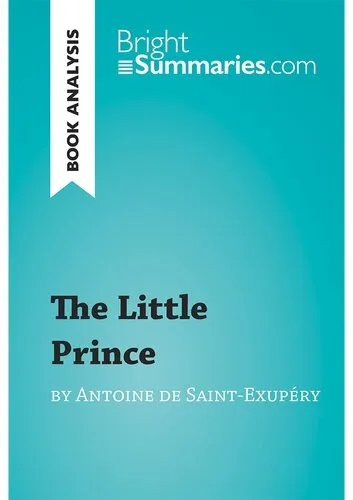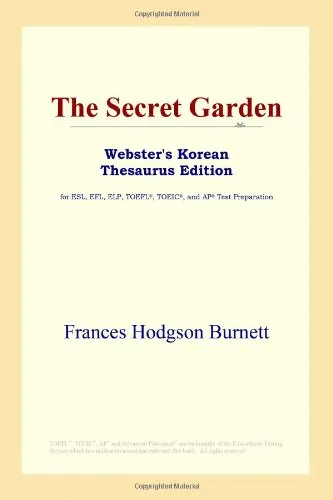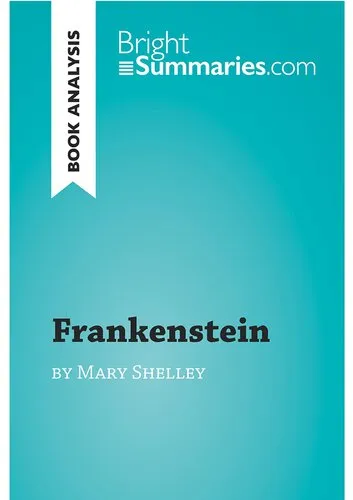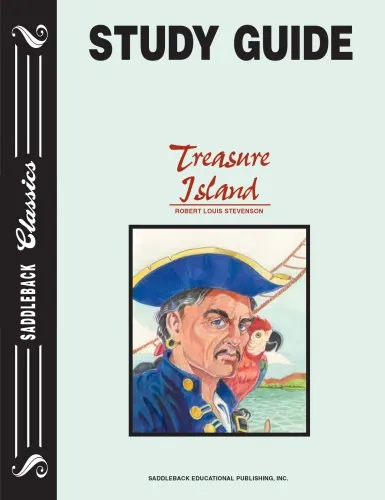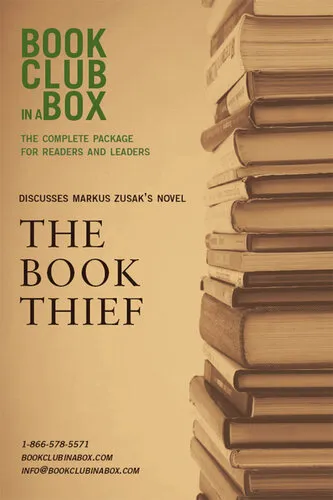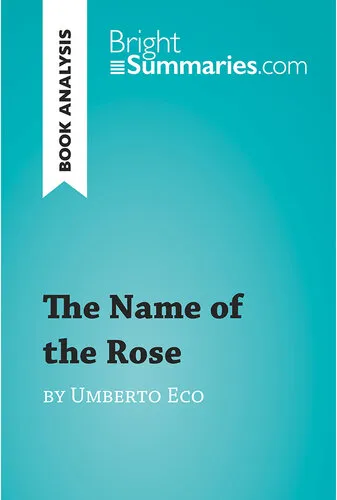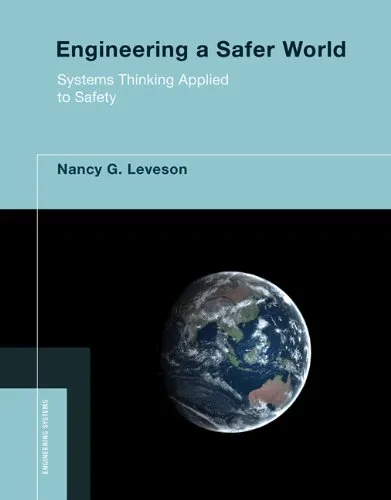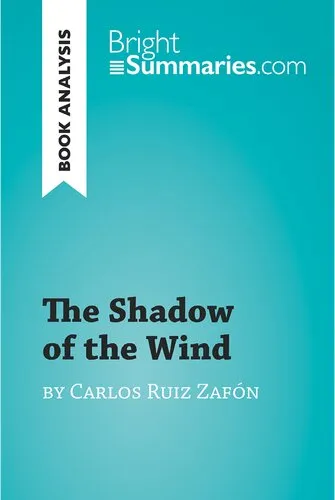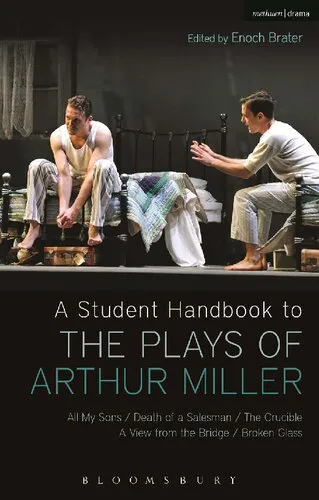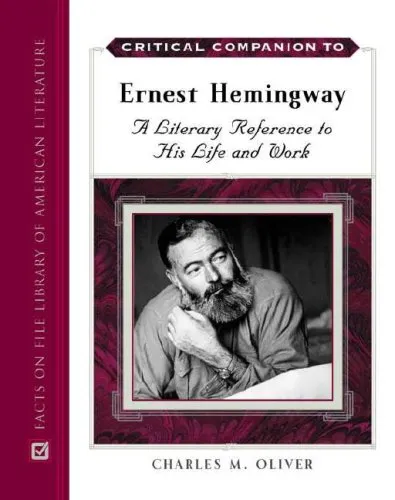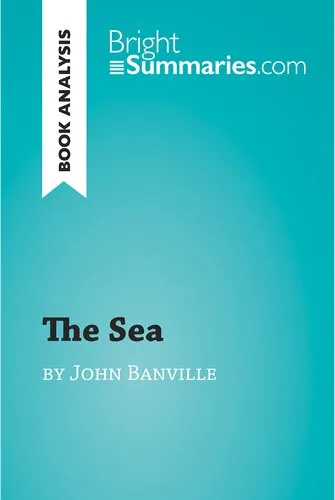The Little Prince by Antoine de Saint-Exupéry (Book Analysis): Detailed Summary, Analysis and Reading Guide
4.0
Reviews from our users

You Can Ask your questions from this book's AI after Login
Each download or ask from book AI costs 2 points. To earn more free points, please visit the Points Guide Page and complete some valuable actions.Related Refrences:
Introduction
Welcome to the insightful journey into the whimsical world of "The Little Prince," Antoine de Saint-Exupéry's timeless masterpiece, with our comprehensive book analysis guide. This guide is meticulously crafted for literature enthusiasts, students, and those simply curious about the myriad wonders hidden within this charming tale. With an in-depth understanding of its themes, characters, and symbolism, you can traverse beyond the surface of what appears to be a simple children's story to uncover the profound philosophical questions posed within its pages.
"The Little Prince" is not just a story about a young extraterrestrial prince exploring distant planets—it's a poignant commentary on human nature, love, loss, and the importance of seeing the world through the eyes of a child. Written by Antoine de Saint-Exupéry, a French aviator and writer, this novella was first published in 1943 and has since touched the hearts of millions around the globe. Through our analysis, readers will engage with the narrative in a new light, understanding each character's purpose, the relevance of the settings, and the underlying messages that resonate with both young and old audiences alike.
This guide is designed to enhance your reading experience by delving deep into the nuances of the text. Whether you’re a first-time reader or revisiting this classic, you will discover new insights and interpretations that enrich your comprehension of this literary gem. Moreover, the ethical dilemmas and moral questions it poses will stir thoughtful discussion, making it a fruitful choice for book clubs and educational settings.
Detailed Summary of the Book
In "The Little Prince," the story unfolds through the eyes of a narrator, an aviator stranded in the Sahara Desert. He encounters the titular character, the Little Prince, who hails from a tiny asteroid known as B-612. Through their friendship, the aviator learns about the prince's journey across different planets, each inhabited by peculiar adults—a king, a vain man, a drunkard, a businessman, a lamplighter, and a geographer. These encounters are emblematic of the various follies and narrow-mindedness of adult behavior.
The Little Prince's odyssey reveals a deep sense of solitude and yearning for genuine connections. His affection for a rose, the sole inhabitant of his home planet, serves as a crucial narrative thread, symbolizing themes of love, responsibility, and the ephemeral nature of beauty. As he travels, the prince learns vital life lessons about love, friendship, and the essence of what truly matters—often invisible to the eye.
Key Takeaways
"The Little Prince" teaches us that the heart's insights surpass simple appearances. It underscores the significance of relationships, the beauty of innocence, and the dangers of losing one's childlike wonder. The story reminds us that life's true values are often intangible, and emphasizes the importance of personal reflection and introspection.
Famous Quotes from the Book
This beloved novella is replete with iconic quotes that have resonated with readers the world over. Perhaps the most famous is, "It is only with the heart that one can see rightly; what is essential is invisible to the eye." Another poignant line states, "You become responsible, forever, for what you have tamed."
Why This Book Matters
"The Little Prince" has earned its place as a cornerstone of literature, crossing age and cultural barriers, because it speaks to the fundamental human experience. Its philosophical undertones challenge perceived wisdom and invite readers of all ages to ponder the nature of relationships, reality, and the pursuit of meaning. Its universal themes have been translated into more than 250 languages and dialects, illustrating its broad appeal and timeless relevance.
Through this book analysis guide, you will gain valuable insights into why "The Little Prince" continues to be cherished across generations, and how its lessons remain pertinent in today's ever-growing, complex world.
Free Direct Download
You Can Download this book after Login
Accessing books through legal platforms and public libraries not only supports the rights of authors and publishers but also contributes to the sustainability of reading culture. Before downloading, please take a moment to consider these options.
Find this book on other platforms:
WorldCat helps you find books in libraries worldwide.
See ratings, reviews, and discussions on Goodreads.
Find and buy rare or used books on AbeBooks.
1606
بازدید4.0
امتیاز0
نظر98%
رضایتReviews:
4.0
Based on 0 users review
Questions & Answers
Ask questions about this book or help others by answering
No questions yet. Be the first to ask!
